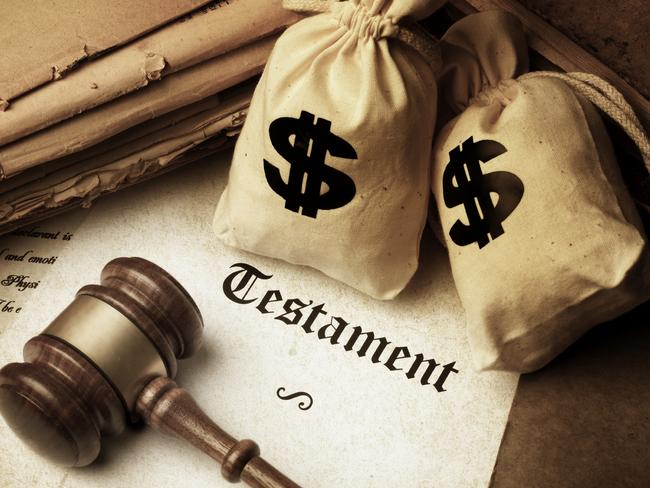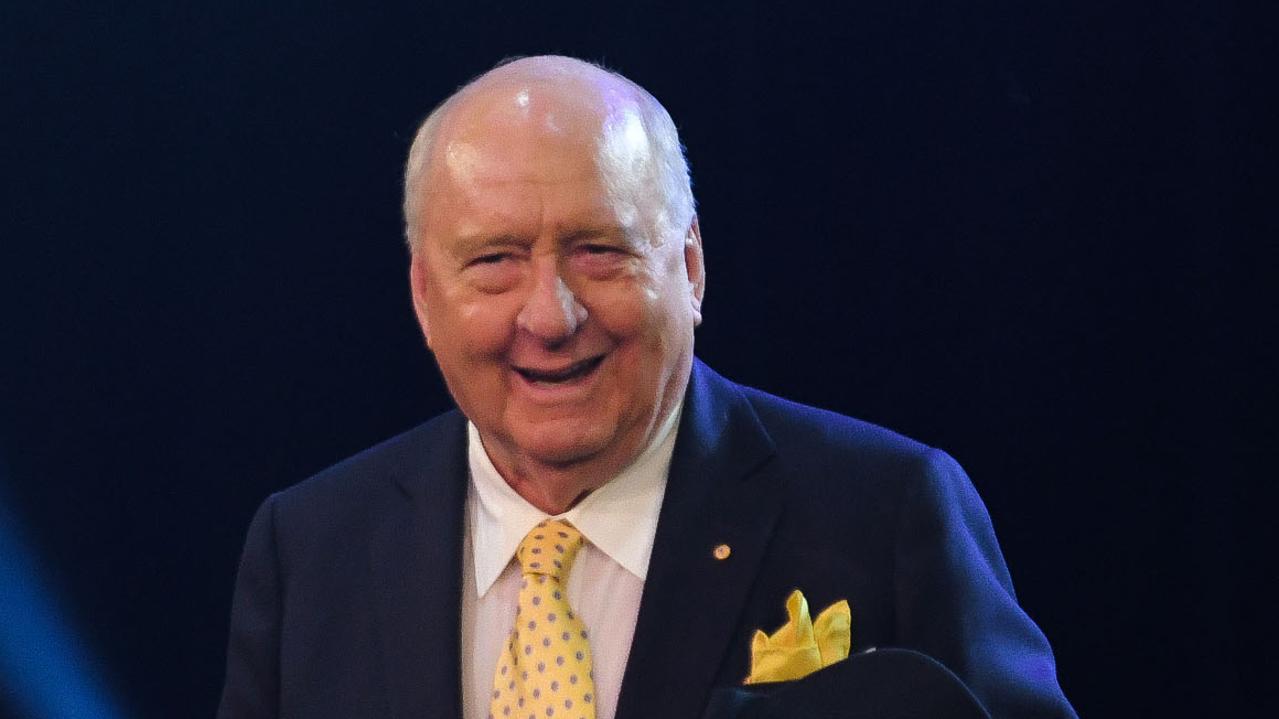Life after death is a worry for baby boomer parents
PARENTS are concerned their children might not be able to manage their estate when they’re gone, but there are ways to minimise mistakes.
CAN your adult children handle an inheritance?
Four out of five baby boomer parents believe their kids are not equipped to deal with inheritances, research by financial services group William Buck has found.
However, there are ways to spot potential problems and improve the chances of your estate being managed wisely, experts say.
“These children have been brought up in an age of plenty and think they can do anything they put their minds to because we told them they could,” says William Buck director Fausto Pastro.
Parents learned many financial skills from the school of hard knocks but have protected their
Pastro says many parents “just know” if their children are likely to have problems managing an inheritance.
Warning signs include:
— A history of poor financial or lifestyle decisions such as taking on a mortgage that’s too big or spending too much money on flashy cars and other consumer items;
— Bad business and investment decisions that have put their assets at risk;
— Relationship breakdowns, which are harder to forecast and “are no real fault of either party”, Pastro says. However, if junior is up to his or her third marriage, perhaps you should view that as a trend.

If you recognise problems there is something you can do now.
Firstly, know what you want. Fausto says couples should ask themselves what would happen to their finances if they both died yesterday. It’s confronting, but effective, he says.
Communicate your wishes to your children. It may be uncomfortable but can prevent huge arguments after you’re gone. “Make sure they understand where the wealth came from, and try and engender some respect for that,” Pastro says.
Consider sharing some wealth while you’re still alive. Pastro says many parents believe it’s OK for the children to struggle financially in their 20s, less OK in their 30s, and is not OK in their 40s.
“Talk to your adviser and seek some professional help — at least to understand the choices,” Pastro says.
Establish a testamentary trust — created through a will — that will help manage assets once you die and provide other benefits.
Planning for Prosperity’s Daniel Budreika says testamentary trusts can split income among beneficiaries to suit their tax situations, and offer asset protection in the event of children going bankrupt or suffering a marriage breakdown.

It’s best done with the help of professional advice from a solicitor or trustee company. “It’s not something you do through a will kit — it’s written into the will and is really something you need to get advice around.”
A standard will may cost you about $200 and a testamentary trust another $200, Budreika says. He prefers people appointing a professional to manage the trust rather than a friend or family member.
“Most people who get left as an executor of an estate have no idea what to do.
“In the end you can’t stop people from doing what they’re going to do, but you can try and mitigate mistakes as much as possible.”
Review your nominated beneficiaries, check that dependants you nominate are allowed under current laws, and remember that your superannuation does not automatically form part of your will.
People wanting their super to be part of a will and testamentary trust need to make that nomination with their super fund.



